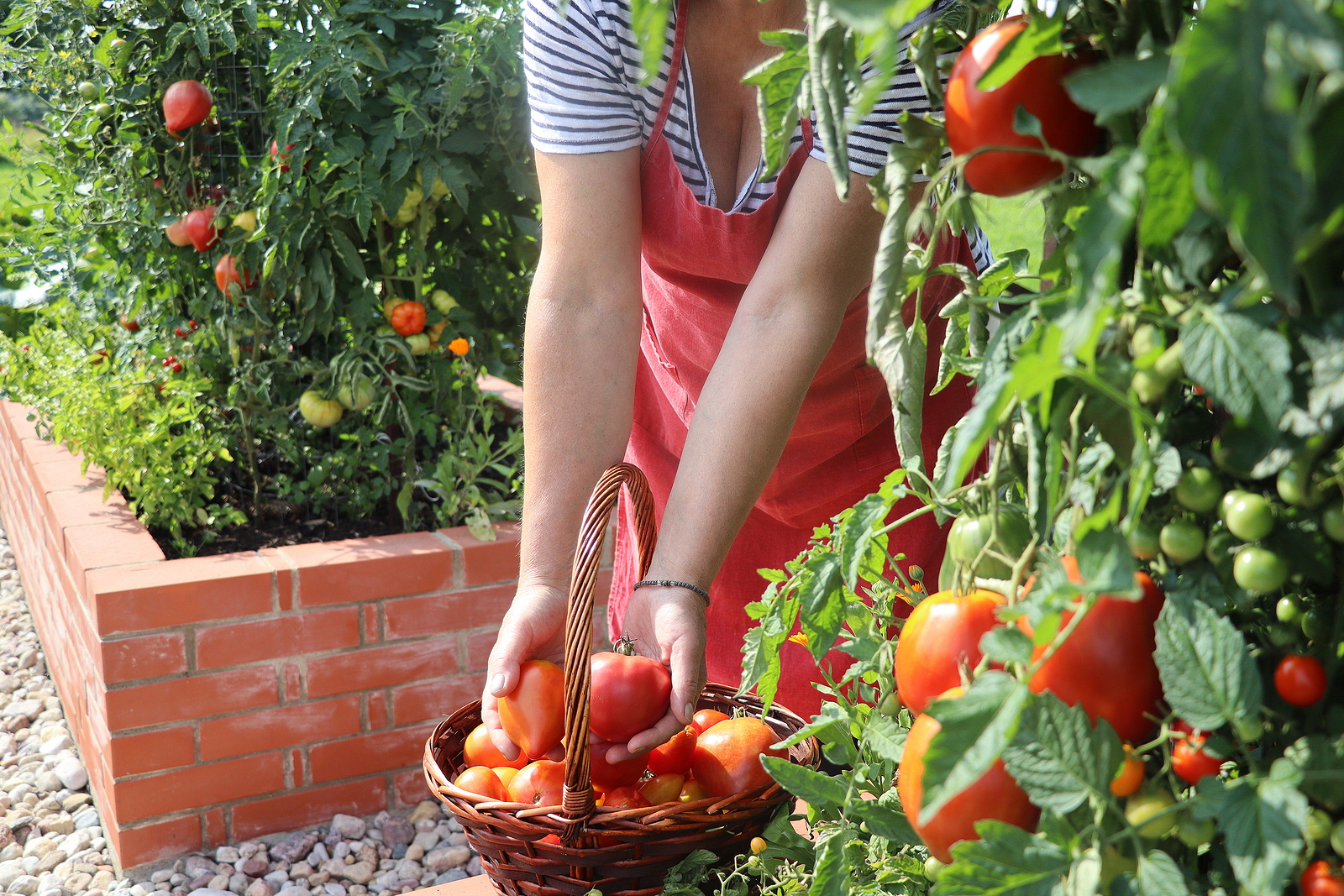Community gardens can provide numerous benefits to a community through improving healthy food choices as well as creating civic engagement and pride. The ISU Extension Community Food Systems Program has researched several different tactics of agricultural urbanism and within this research are several different ways to introduce gardening in a community: backyard gardening, school gardens, faith-based gardens and community gardens. Each garden variety has different goals, benefits and community impact.
Edible Residential Garden
Backyard gardening allows for the integration of food plants with ornamental plants for an aesthetic setting. By incorporating both types of plants, a garden becomes productive as well as beautiful, leading to added health benefits, stress reduction and personal financial stability. In fact, children who eat homegrown fruits and veggies eat twice the amount of these foods than other kids. As added benefits, it is said that gardening can provide better stress relief than other relaxing leisure activities. There are numerous types of gardening that can be used at any scale from the backyard to city streets. Gardening is a great way to introduce healthy, fresh plants into family lifestyle at home as well as grow food for those in need.
School Garden
School gardens create unique learning opportunities for both students and teachers. Gardening can connect multiple disciplines: math, science, English and nutrition. It can be used to teach children how to sustain themselves and to care and respect the earth. School gardens foster growth and knowledge about where food comes from and nourishes healthy living habits. School gardens can be incorporated as community garden spaces and provide inter-generational and cross-cultural learning opportunities.
In addition to creating aesthetically pleasing ways to learn about the environment and how to grow food, school gardens may demonstrate to youth that they are a part of something bigger in their community and school system. This pride has the chance to grow in all ages from toddlers to high-school students.
Community Garden
Community gardens create community capital, a sense of neighborhood and are generally associated with improved quality of life. A community garden is a public space that can be a cross section between public and private entities open to all, or for identified users. These spaces offer opportunities for families to grow their own food, leading to financial stability and healthy, fresh food options. Gardening has been shown to reduce stress and promote additional exercise through leisure activity.
Community gardens can be created in a vast amount of spaces and environments: rural and urban settings, vacant lots, pocket parks and local business plots. Other benefits of community gardens include:
- Catalyst for neighborhood development
- Social interactions with neighbors
- Beautification
- Recreation opportunity
- Reduces crime: Communities have found that gardening in vacant lots helps to abate criminal activity in proximity to the garden
- Green space improvements
- Reduces heat island effect
- Inter-generational and cross-cultural learning opportunities: A place to connect across different backgrounds and build mutual trust and respect






